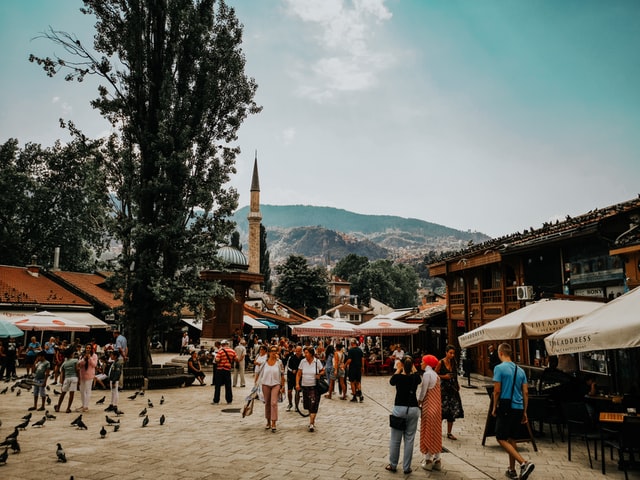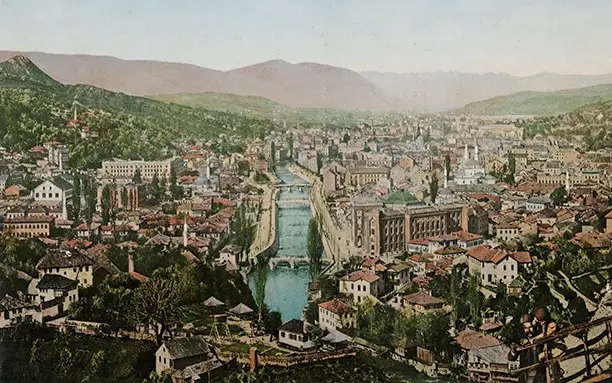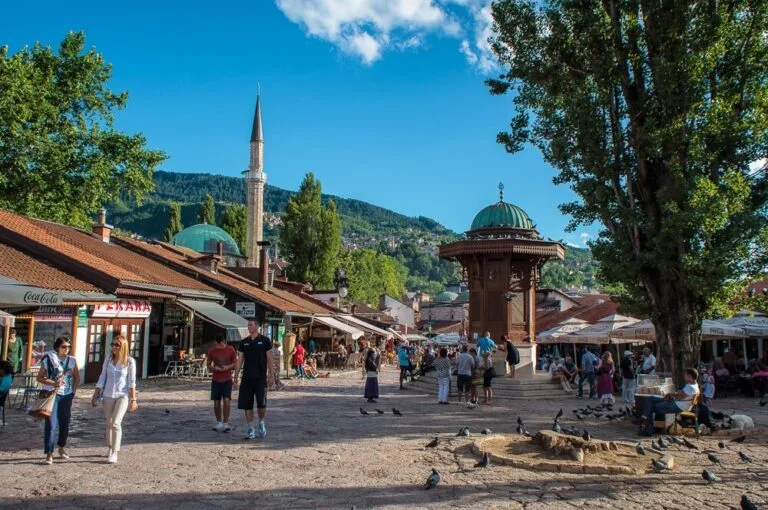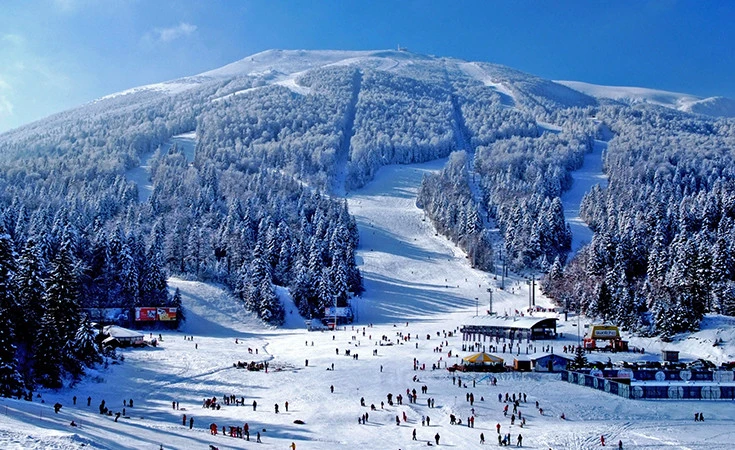Bosnia and Herzegovina is a diverse and culturally rich country nestled in the heart of the Balkans. It’s known for its stunning landscapes, rich history, and a unique blend of cultures. If you’re planning a trip to Bosnia or simply curious about the country’s language, you might be wondering whether English is commonly spoken there. In this blog post, we’ll delve into this question and explore related aspects of language in Bosnia and Herzegovina.
What Language is Mostly Spoken in Bosnia?
Bosnian, Croatian, and Serbian are the three official languages of Bosnia and Herzegovina. These languages are mutually intelligible, meaning speakers of one can generally understand and communicate with speakers of the others. This linguistic diversity reflects the country’s complex history and the coexistence of different ethnic groups, primarily Bosniaks, Croats, and Serbs.
- Bosnian: This is the most widely spoken language in Bosnia and Herzegovina, and it’s considered the country’s official language. It uses the Latin script and incorporates loanwords from other languages, including Turkish, Arabic, and Persian.
- Croatian: Croatian is spoken by the Croat minority in Bosnia and Herzegovina. It shares many similarities with Bosnian and Serbian but has some distinct vocabulary and pronunciation differences.
- Serbian: The Serbian language is spoken by the Serb minority. Like Croatian and Bosnian, Serbian also uses the Cyrillic script in addition to the Latin script.
Is Bosnian an Easy Language?
Learning any new language can be challenging, but whether Bosnian is easy to learn depends on your background and prior language skills. Here are some factors to consider:
- Similarities to Other Slavic Languages: If you already speak another Slavic language, such as Croatian, Serbian, or Slovenian, learning Bosnian might be easier due to linguistic similarities.
- Latin Script: Bosnian uses the Latin script, which can make it more accessible for English speakers compared to languages that use different scripts.
- Grammar Complexity: Like other Slavic languages, Bosnian has a complex grammar structure, including cases for nouns and verb conjugations. This can be challenging for beginners.
- Resources and Practice: The availability of learning resources and opportunities for practice can greatly affect the ease of learning Bosnian.
In general, learning any new language requires time, dedication, and practice. If you’re passionate about Bosnian culture or plan to spend an extended period in Bosnia, it can be a rewarding language to learn.
Is Sarajevo or Belgrade Better? A Comprehensive Comparison
How Do You Say Hello in Bosnian?
In Bosnian, the most common way to say “hello” is “Zdravo”, which is pronounced as “ZDRAH-voh.” This greeting is informal and suitable for most everyday situations. For a more formal greeting, especially when meeting someone for the first time, you can use “Dobar dan”, which means “Good day.”
Why Do Bosnians Say Ciao?
Bosnians, like many people around the world, have adopted the Italian word “Ciao” as a casual way to say goodbye. This borrowing is likely due to historical ties between Bosnia and Italy, as well as the influence of Italian culture on the region.
Frequently Asked Questions (FAQs)
1. Do Bosnians commonly speak English?
While English is not the first language of most Bosnians, many people in urban areas, especially younger generations and those working in the tourism industry, have a basic understanding of English. In larger cities like Sarajevo and Mostar, you’ll find more English speakers than in rural areas.
2. Are there any other languages spoken in Bosnia and Herzegovina?
Aside from the official languages, you might also hear other languages in Bosnia, particularly in ethnically diverse areas. These could include Albanian, Romani, and others, depending on the region.
3. Can I get by with English in Bosnia as a tourist?
Yes, you can usually get by with English in tourist areas, hotels, and restaurants. However, learning a few basic Bosnian phrases can enhance your experience and show respect for the local culture.
Conclusion
In Bosnia and Herzegovina, the primary language spoken is Bosnian, with Croatian and Serbian also in use. While English is not the first language for most Bosnians, it is becoming increasingly common, especially in urban areas. Learning a few basic Bosnian phrases can go a long way in enhancing your experience when visiting this beautiful and culturally diverse country.




